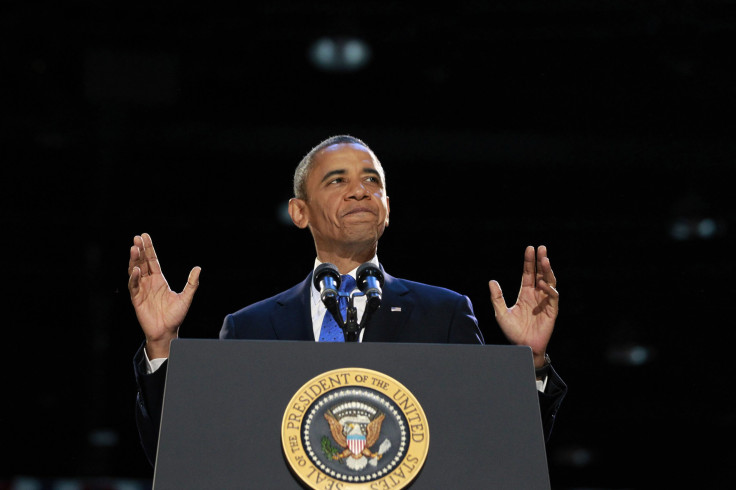Public Trust Reaches Lowest Point Ever; Americans Skeptical Of Not Only Institutions But Others, Too

It's no surprise Americans don't trust institutions. Richard Nixon, Enron, and subprime lending guaranteed Americans would never give blind faith to a powerful institution again. But according to a new study, public trust is so wounded, most Americans don't even trust each other.
Jean M. Twenge, a psychologist at San Diego State University, dove into three decades' worth of surveys about public trust: one called the General Social Survey of adults (1972 to 2012), the other called Monitoring the Future, which surveyed seniors in high school between 1976 and 2012. Twenge and colleagues saw clear trends in public trust of institutions; it came in "waves," according to a news release on the findings. The study was just published in the journal Psychological Science. Confidence rose "in the late 1980s and again in the early 2000s," then tanked to its lowest point ever at the beginning of this decade.
The scientists compared these data, the collective attitude of 140,000 Americans, with data on income inequality and poverty. The trend lines diverged, they said. As poverty rose, trust fell for almost every institution: "the press/news media, medicine, corporations, universities, and Congress." The sole institution that continues to enjoy the public's confidence is the military, they said. Healthy skepticism is important, but Twenge sees distrust in institutions as corrosive to society and American democracy. “The decline of social capital is a profoundly negative trend," she said. Democracy is "predicated on the few representing the interests of the many."
The most disheartening part of the study is the analysis of a survey question that goes, do you agree that "most people can be trusted?" In the 1970s, about half of Americans said most could. By the early 2010s, just 33 percent of American adults said most people could be trusted. Among 12th graders, it was worse: 18 percent. The wording of the survey is vague (trusted with what?), but the attitude is pretty clear: People are suspicious of each other.
We can all speculate about why that is, but Twenge has a theory. “With the rich getting richer and the poor getting poorer, people trust each other less,” she said. “There’s a growing perception that other people are cheating or taking advantage to get ahead, as evidenced, for example, by the ideas around ‘the 1%’ in the Occupy protests.” She said the similarities between adults and teenagers shows it's not a generational shift. Rather, it's "a product of the times."
Source: J.M. Twenge, et al. Psychological Science. 2014.



























